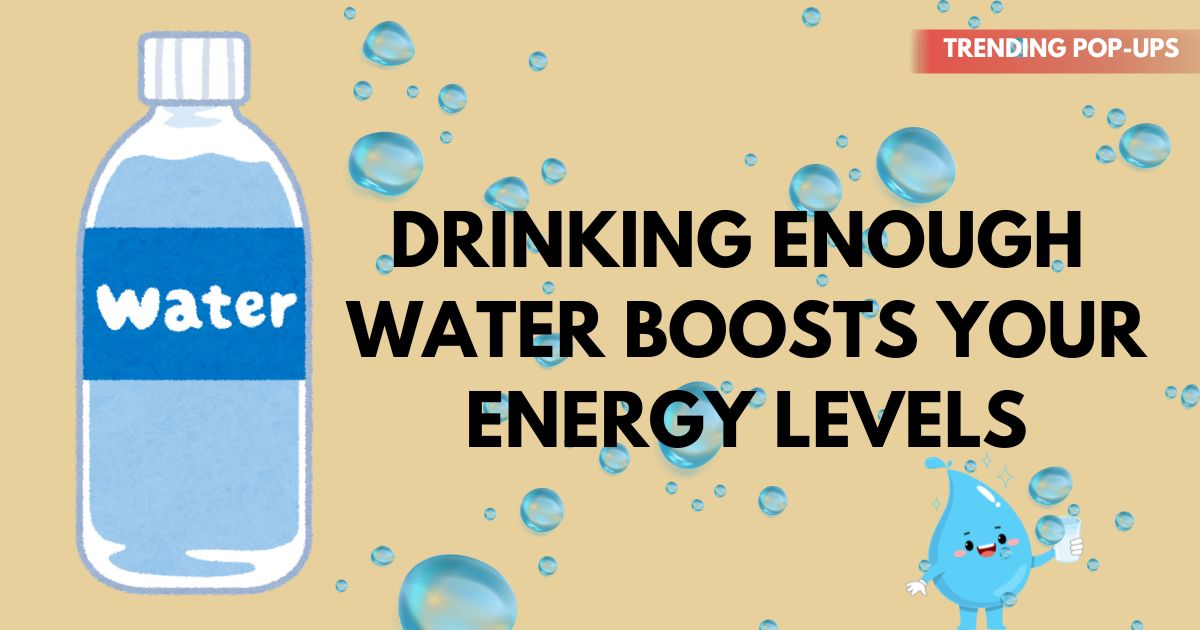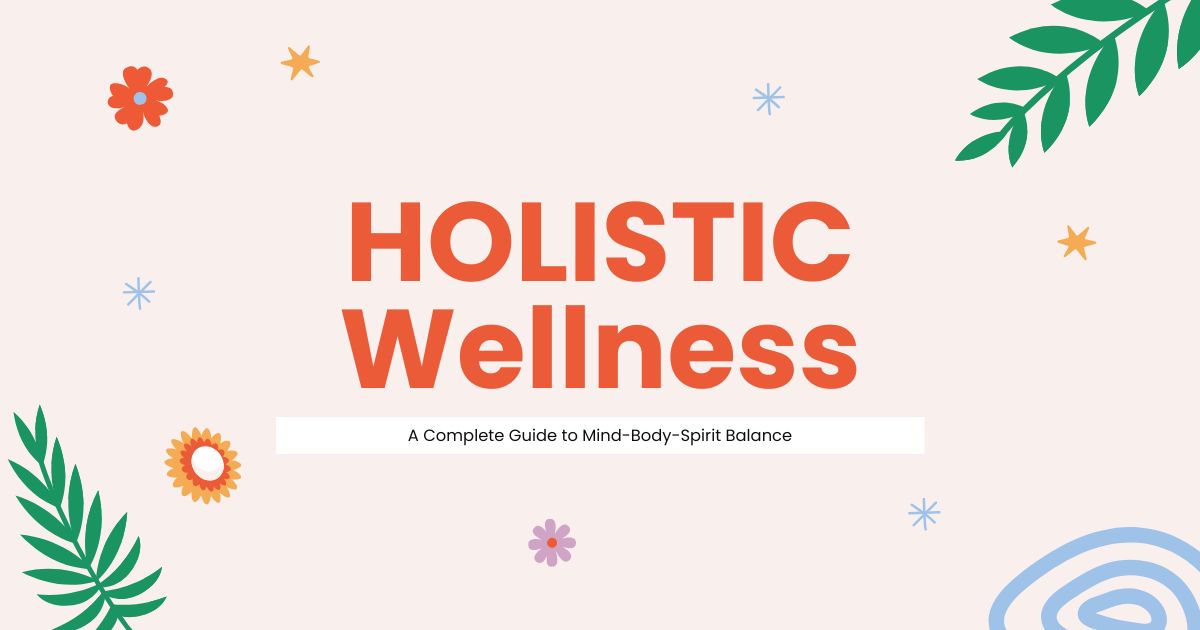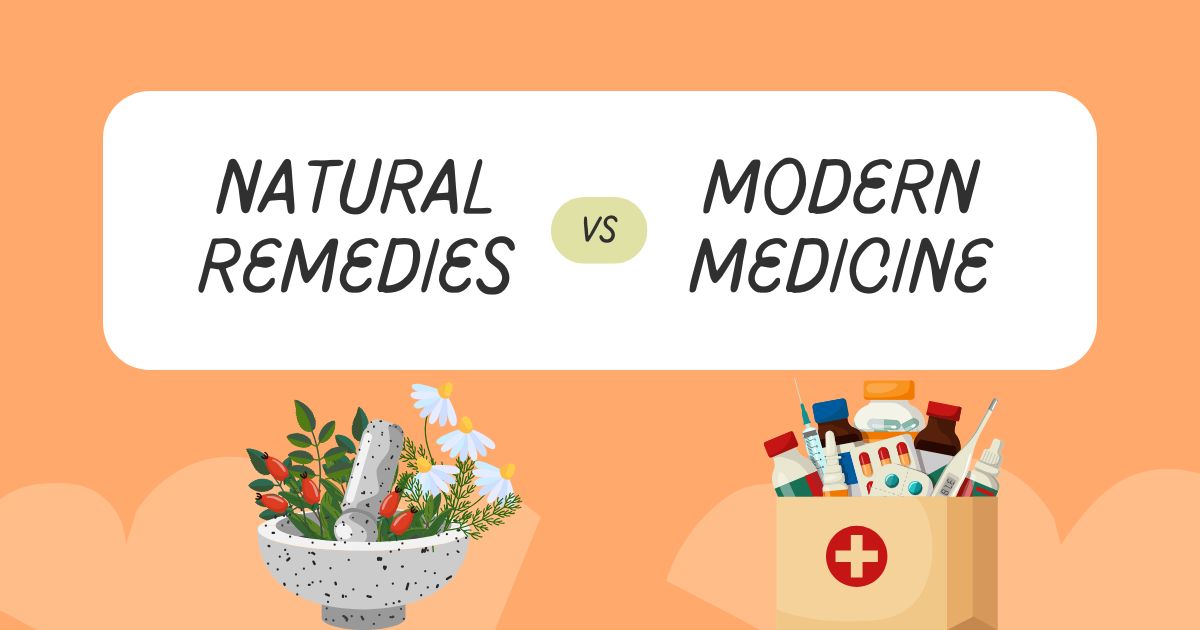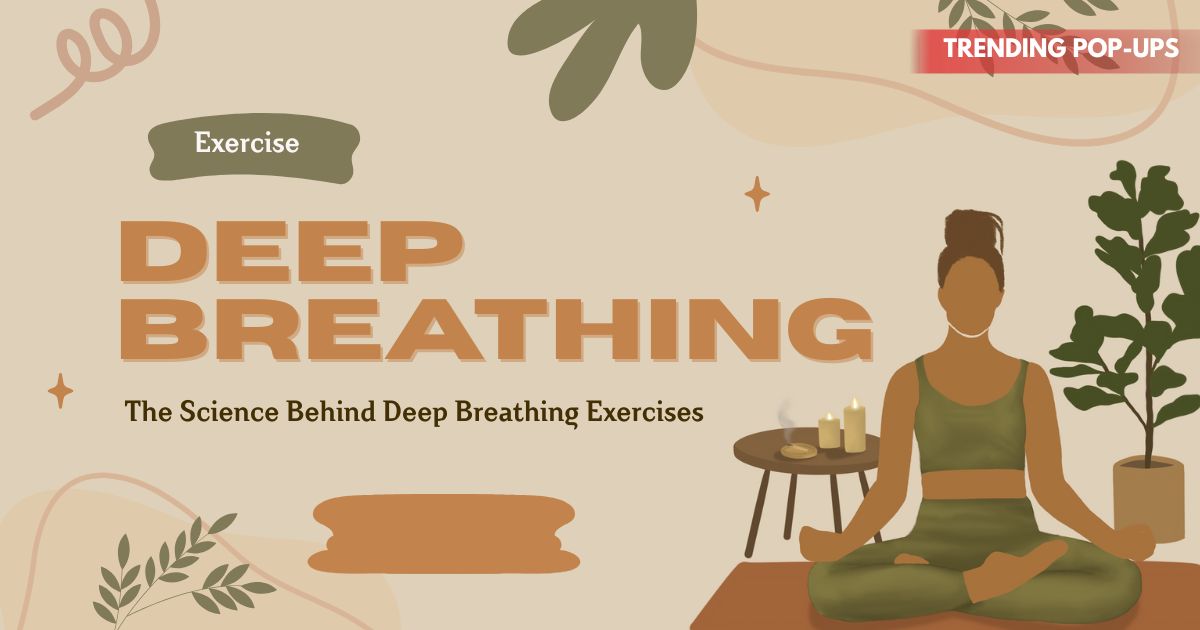Staying hydrated is one of the simplest yet most overlooked ways to boost energy, improve focus, and maintain overall health. Water is essential for nearly every bodily function, from circulation and digestion to temperature regulation and cellular repair. Even mild dehydration can leave you feeling fatigued, irritable, and mentally sluggish.
This article explores how drinking enough water impacts energy levels, the signs of dehydration, and practical tips to stay hydrated throughout the day.
Why Hydration Is Crucial for Energy
Water is vital for the body’s energy production processes. Here’s how proper hydration supports energy:
-
Supports Cellular Function: Water helps transport nutrients and oxygen to cells, which are necessary for generating energy.
-
Enhances Metabolism: Proper hydration allows the body to efficiently convert food into energy.
-
Regulates Body Temperature: Water prevents overheating, which can cause fatigue.
-
Improves Circulation: Adequate fluid intake ensures that oxygen and nutrients reach tissues effectively.
Even a 1–2% drop in hydration can result in decreased alertness and energy, highlighting the importance of consistent water intake.
Signs You’re Not Drinking Enough Water
Recognizing dehydration early can prevent energy slumps and health issues. Common signs include:
-
Fatigue and low energy
-
Dizziness or lightheadedness
-
Dry mouth or bad breath
-
Dark-colored urine
-
Headaches and difficulty concentrating
-
Muscle cramps or stiffness
If these symptoms are frequent, increasing daily water intake can significantly improve energy levels.
How Water Boosts Mental Energy
Dehydration affects brain function, leading to:
-
Reduced concentration and focus
-
Increased perception of effort during tasks
-
Mood swings and irritability
-
Slower reaction times
Studies show that drinking water can improve cognitive performance, reduce fatigue, and enhance alertness, especially during mentally demanding tasks.
How Water Boosts Physical Energy
Muscle cells rely on adequate water to function efficiently. Benefits of proper hydration for physical energy include:
-
Improved endurance during exercise
-
Faster recovery from physical activity
-
Reduced muscle fatigue and cramps
-
Better joint lubrication and flexibility
For athletes and active individuals, hydration is crucial for sustaining energy and preventing early fatigue.
Tips to Stay Hydrated and Boost Energy
1. Drink Water First Thing in the Morning
Start your day by rehydrating after hours of sleep. This jumpstarts metabolism and helps you feel energized.
2. Carry a Reusable Water Bottle
Keeping water accessible throughout the day encourages regular sipping, maintaining steady hydration.
3. Set Hydration Reminders
Use apps, alarms, or smart watches to remind you to drink water at regular intervals.
4. Eat Water-Rich Foods
Fruits and vegetables like watermelon, cucumber, oranges, and strawberries contribute to hydration.
5. Limit Dehydrating Beverages
Excessive coffee, alcohol, and sugary drinks can lead to dehydration. Balance them with water intake.
6. Infuse Your Water
Adding lemon, cucumber, or herbs can make water more appealing and encourage higher intake.
How Much Water Do You Really Need?
While the common recommendation is 8 glasses (about 2 liters) per day, individual needs vary based on:
-
Body weight
-
Activity level
-
Climate and temperature
-
Health conditions
A general guideline is to drink half your body weight in ounces of water daily. For example, a 150-pound person should aim for approximately 75 ounces of water.
Hydration Strategies for Busy Individuals
-
Drink a glass of water before each meal
-
Keep water at your desk or in your bag
-
Replace sugary beverages with water during the day
-
Track intake using apps or journals
-
Include herbal teas and low-sugar beverages for variety
Conclusion
Drinking enough water is a simple yet powerful way to boost energy levels, enhance mental clarity, and improve physical performance. Staying consistently hydrated supports cellular function, metabolism, and overall well-being. By incorporating hydration into daily routines—such as drinking water first thing in the morning, eating water-rich foods, and limiting dehydrating beverages—you can enjoy sustained energy, improved mood, and optimal health.
Also Read : FDA Approves COVID Vaccines for High-Risk Individuals
FAQs
Q1. Can drinking too much water be harmful?
Yes, excessive water intake can lead to water intoxication or hyponatremia, where sodium levels in the blood become dangerously low. Moderation is key.
Q2. Does caffeine affect hydration?
Moderate caffeine intake does not cause significant dehydration, but balance it with water to stay hydrated.
Q3. Can water help with afternoon fatigue?
Absolutely. Often, feelings of tiredness are due to mild dehydration, and drinking water can improve alertness and energy.
Q4. Is plain water better than flavored drinks?
Plain water is ideal, but naturally flavored water with lemon, cucumber, or berries is a great alternative without added sugar.
Q5. How do I know if I’m drinking enough water?
Monitor urine color—it should be pale yellow—and note improvements in energy and focus as indicators of adequate hydration.



